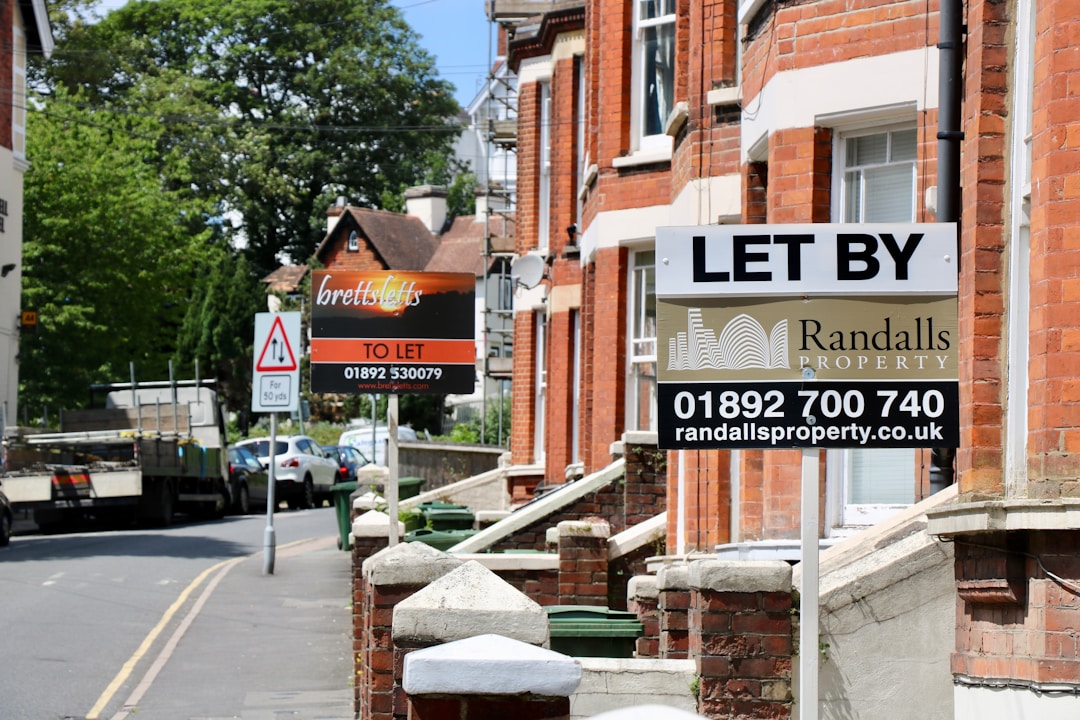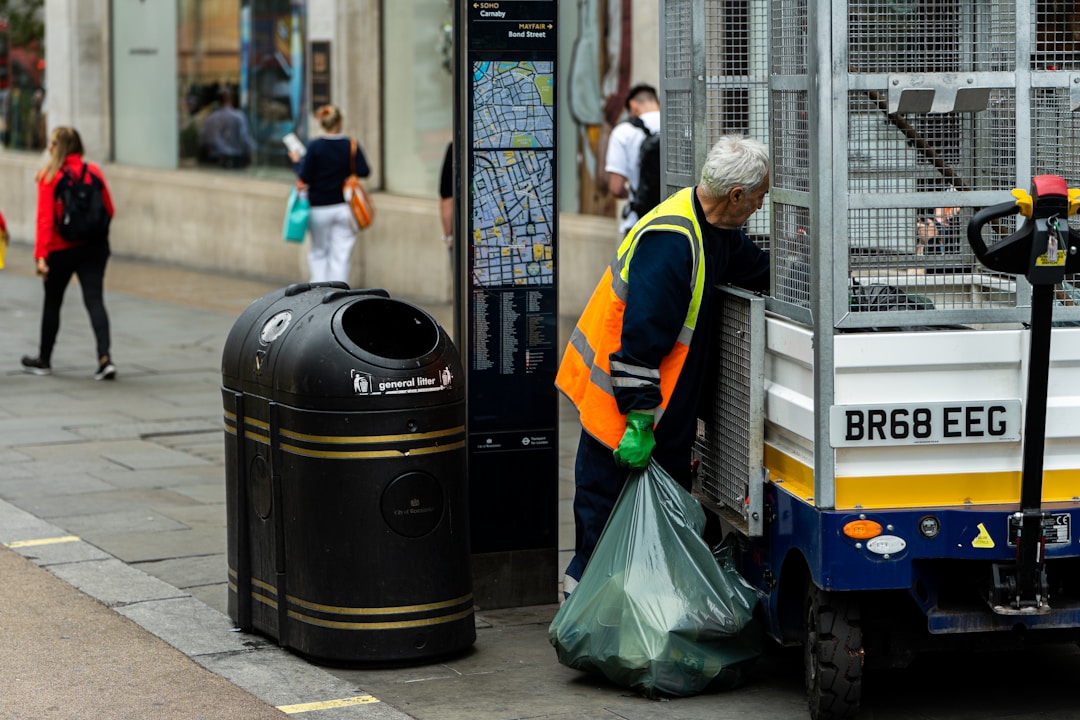
Visualisation made with flourish.studio

Graduates from poorer backgrounds have lower incomes than their wealthier peers, even if they have the same degree results. Today’s education inequalities are tomorrow’s income inequalities. 35% of university graduates moved into the top fifth of earners at age 30, compared to 12% of those without higher education. The chances of becoming a top earner are influenced by both social background and university attendance. Students from more advantaged backgrounds are more likely to become high earners, even compared to others at similar universities. Overall, across all universities, 46% of graduates from private schools reached the top fifth of earners, compared to 22% of graduates who had been eligible for free school meals. However, the type of university attended also has a big impact on earnings potential. Socio-economic gaps are reduced among students who go to more selective universities. But students from disadvantaged backgrounds are less likely to go to those universities in the first place, and there is a negative correlation between access rates and success rates; universities with the lowest access rates have the highest levels of labour market success, and vice versa. And even at Russell Group universities (leaving aside Oxbridge), socio-economic background has a huge impact on earnings potential (with 38% of free school meals students becoming top earners, compared to 53% of private school students).
Explore the context
Explore the arguments
Children with special needs are not well enough supported
 Children with special needs are not well enough supported
Children with special needs are not well enough supported

Genetic differences only play a small part in determining educational outcomes
 Genetic differences only play a small part in determining educational outcomes
Genetic differences only play a small part in determining educational outcomes

People from poorer backgrounds are less likely to get to and do well at university
 People from poorer backgrounds are less likely to get to and do well at university
People from poorer backgrounds are less likely to get to and do well at university

People from poorer backgrounds do less well at school
 People from poorer backgrounds do less well at school
People from poorer backgrounds do less well at school

Poor quality work undermines people’s physical and mental health
 Poor quality work undermines people’s physical and mental health
Poor quality work undermines people’s physical and mental health

Poorer people don’t have a buffer against economic shocks
 Poorer people don’t have a buffer against economic shocks
Poorer people don’t have a buffer against economic shocks

Socio-economic inequality leads to environmental inequality
 Socio-economic inequality leads to environmental inequality
Socio-economic inequality leads to environmental inequality

Socio-economic inequality leads to health inequalities
 Socio-economic inequality leads to health inequalities
Socio-economic inequality leads to health inequalities

Socio-economic inequality leads to more crime and less effective criminal justice
 Socio-economic inequality leads to more crime and less effective criminal justice
Socio-economic inequality leads to more crime and less effective criminal justice

Socio-economic inequality leads to political inequality
 Socio-economic inequality leads to political inequality
Socio-economic inequality leads to political inequality

The education system can never totally compensate for disadvantage
 The education system can never totally compensate for disadvantage
The education system can never totally compensate for disadvantage

The structure of our economy leads to huge regional inequalities
 The structure of our economy leads to huge regional inequalities
The structure of our economy leads to huge regional inequalities

There is little relationship between merit and reward
 There is little relationship between merit and reward
There is little relationship between merit and reward

Too many people are on low incomes and in insecure work
 Too many people are on low incomes and in insecure work
Too many people are on low incomes and in insecure work

Wealth inequality is much larger than income inequality
 Wealth inequality is much larger than income inequality
Wealth inequality is much larger than income inequality
























